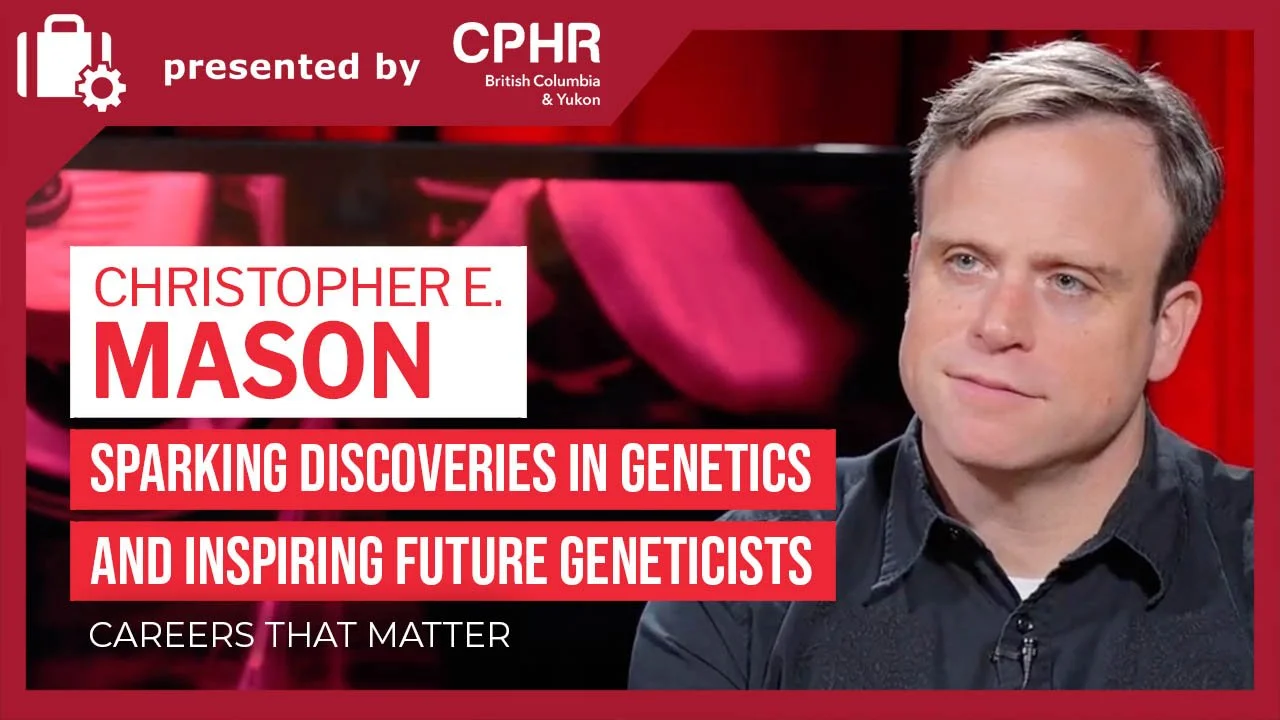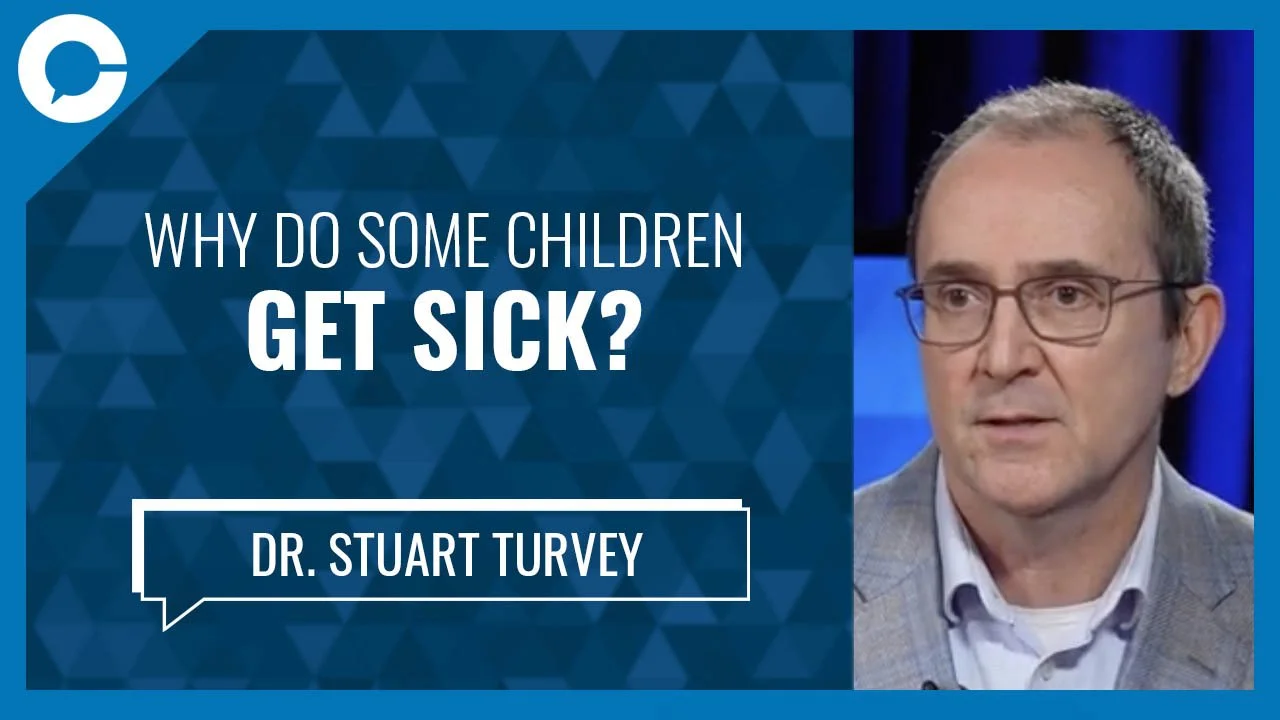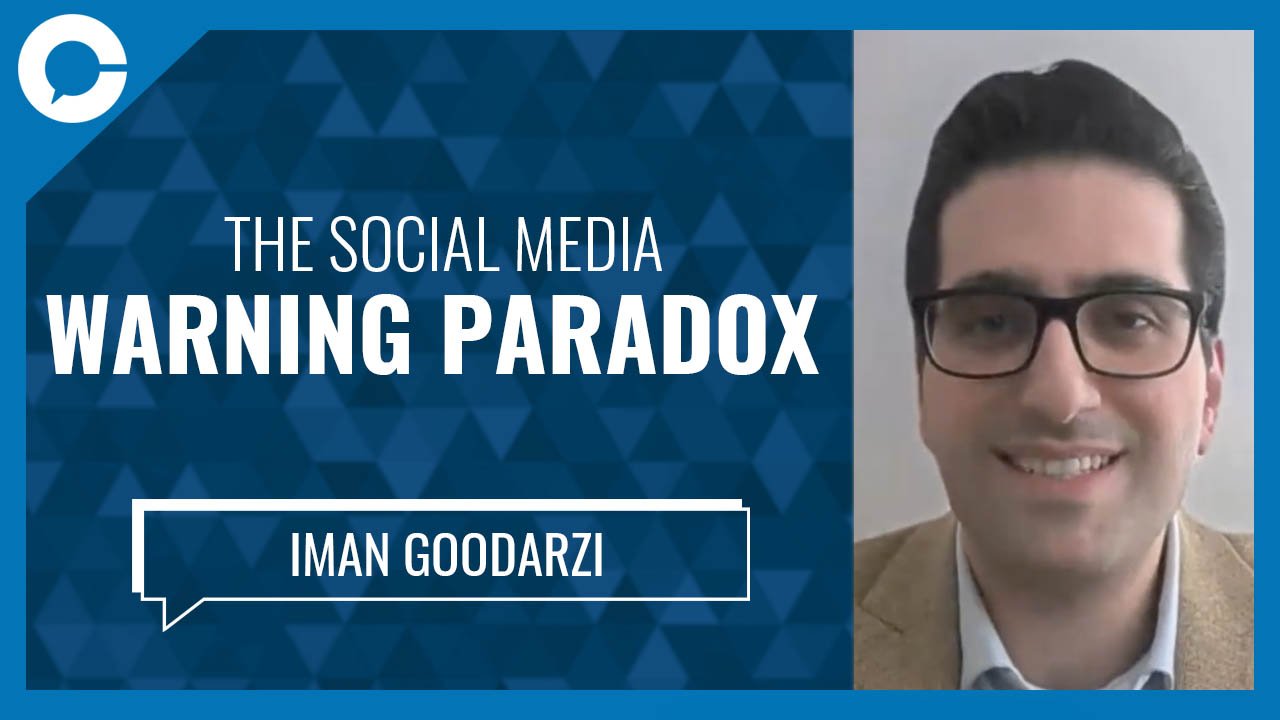Ep. 583: Re-engineering the human body for space travel
Guest: Dr. Christopher E. Mason (Cornell University)
“To boldly go where no one has gone before” – the phrase was inspired by a 1958 White House pamphlet called "Introduction to Outer Space,” which highlighted humanity’s inherent urge to explore the unknown. It also was the opening to the monologue for Star Trek, where Captain James T. Kirk goes on to say, “These are the voyages of the starship Enterprise. Its five year mission: to explore strange new worlds; to seek out new life and new civilizations.”
As an aspiration, it drives the space programs of many countries and a growing number of companies. Here’s the challenge, says Dr Christopher E. Mason. “While we can build machines that can survive in space, the human body was not made for space – at least not yet.” Dr. Mason is the principal investigator of the NASA Twins study, where ten separate teams studied an astronaut and his identical twin.
Dr. Mason says, “We observed the physiological, molecular, and cognitive changes that happened to Scott Kelly, who spent a year in space. We monitored the changes in his body compared to his identical twin Mark, who stayed on Earth. From that study, we’re working to mitigate stresses, changes, and new diseases the body may encounter during long-term space flight. This work is the foundation of a 500-year plan to reengineer biology so that life can be possible on other planets.”
We invited Dr. Christopher E. Mason, the Genome BC 2025 Don Rix Distinguished Keynote Speaker, to join us for a Conversation That Matters about the human body and its ability to adapt to long term voyages to the final frontier.
Want to learn more about our guest?
Check out their epsiodes on our partnered programs!





